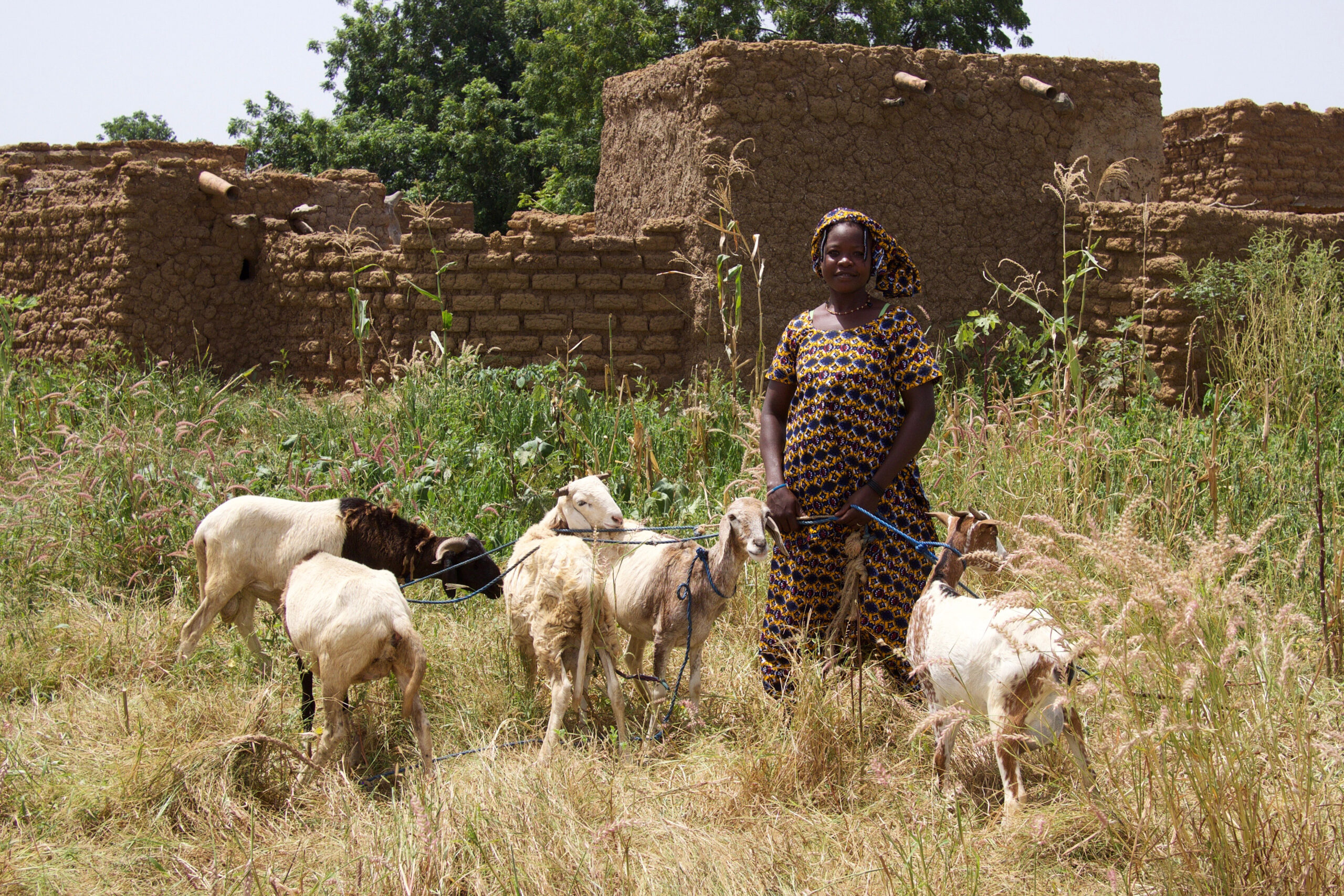As global development faces growing uncertainty and shrinking aid budgets, one thing is clear: we must invest in what works. In a new brief, the Abdul Latif Jameel Poverty Action Lab (J-PAL) identifies six development programs that save lives, reduce disease, and help the poorest people in the world transition out of extreme poverty.
Among them is the Graduation approach—a holistic, time-bound model designed to support people living in ultra poverty. Over a period of 18 to 36 months, participants receive a sequenced package of support: a productive asset (such as livestock or seed capital), technical training, regular coaching, access to savings and financial services, and linkages to government programs or health services.
What makes Graduation unique is its proven ability to consistently and sustainably move families out of extreme poverty, across diverse geographies and contexts—from post-conflict settings like Uganda and Colombia, to remote rural communities in India, Burkina Faso, and Ethiopia. J-PAL’s global evaluations show that the benefits persist years after the programs end, with participants earning more, saving more, and experiencing greater food security and social inclusion.
In the current funding climate, the Graduation approach isn’t just a smart policy, it’s smart economics: cost-benefit analyses show that long-term income gains often exceed the cost of implementation.
In short, if we want to efficiently reduce poverty, we must fund approaches grounded in evidence. Graduation delivers.
In a time of shrinking aid budgets and growing global need, are we funding what actually works?
J-PAL’s latest brief highlights six programs with credible, rigorous evidence of improving lives. One of them—the Graduation approach—is the only model proven to consistently and sustainably move the ultra poor out of poverty.
—————



